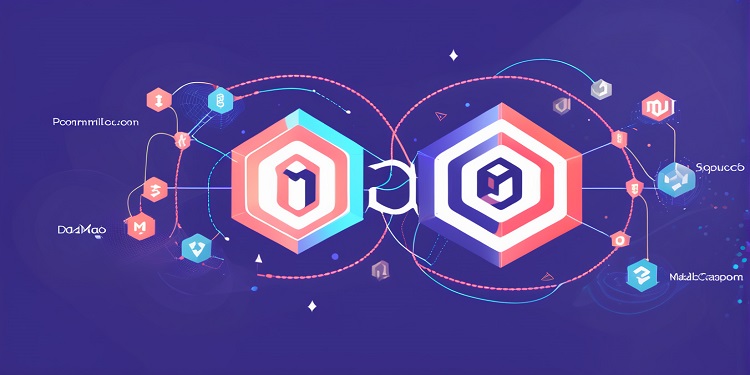Blockchain technology has introduced decentralized innovation, yet significant challenges remain, particularly the fragmented liquidity landscape. An estimated 80% to 90% of liquidity is locked within EVM-based applications, hindering the growth of emerging ecosystems and stalling progress in Web3 development. PicWe, a leader in blockchain interoperability, has developed a full-chain liquidity infrastructure aimed at resolving these issues.
By adopting a bridge-less transaction model, PicWe is reimagining cross-chain interactions. The company leverages its Chain Abstract Transaction Model (CATM), Omni-Chain Permissionless Bidding Orchestration Protocol (OPBOP), and Dynamic Liquidity Matrix (DLM) to facilitate seamless and secure asset flow across blockchain networks. This innovation eliminates traditional barriers and inefficiencies, enabling a more streamlined cross-chain ecosystem.
Breakthrough Achievements in Blockchain Interoperability
Since its inception, PicWe has established itself as a key player in the Movement ecosystem. The company’s groundbreaking solutions earned top recognition in the DeFi track of the “Battle of Olympus” hackathon hosted by Movement Labs. PicWe’s impact is evident in its impressive metrics, which include onboarding 727,000 users, engaging 163,000 unique addresses, and processing $326 million in transaction volume.
Overcoming the Interoperability Trilemma
PicWe’s infrastructure addresses the limitations of traditional cross-chain bridges, which often involve high costs, security vulnerabilities, and inefficiencies. Through its bridge-less model, PicWe resolves these challenges with a focus on cost-effectiveness, efficiency, and security. The approach eliminates redundant fees associated with locking and minting assets, significantly reducing transaction steps and completing cross-chain transfers in under a minute. Additionally, the absence of custodial intermediaries minimizes hacking risks and enhances trust in the system.
The company also emphasizes universality, supporting a diverse range of assets and transcending the limitations of single-chain solutions. By addressing the interoperability trilemma—comprising universality, scalability, and trustlessness—PicWe sets a new benchmark for cross-chain infrastructure.
Dynamic Liquidity Matrix for Optimized Asset Utilization
The Dynamic Liquidity Matrix (DLM) is central to PicWe’s innovative approach, as it consolidates liquidity across multiple chains and reduces fragmentation. Unlike traditional single-chain liquidity pools, the DLM ensures assets remain dynamically liquid and interoperable. This setup allows liquidity providers to achieve returns of up to 30% APY. PicWe’s system also incorporates Dutch auction dynamics, optimizing liquidity rebalancing and ensuring smooth transactions across chains.
Empowering Developers with Open Liquidity Infrastructure
PicWe extends its capabilities beyond individual users by offering open liquidity infrastructure tailored for B2B2C applications. Through its Software Development Kit (SDK), decentralized exchanges (DEXs) and other blockchain applications can integrate PicWe’s cross-chain functionalities. This integration enhances platform features, drives user engagement, and unlocks new revenue opportunities.
A New Standard in Blockchain Liquidity
By providing efficient, secure, and universal solutions, PicWe is reshaping the landscape of blockchain liquidity. Its focus on interoperability and scalability addresses long-standing challenges in Web3, fostering a more accessible and inclusive ecosystem. As a frontrunner in full-chain liquidity infrastructure, PicWe empowers developers, liquidity providers, and users alike, setting the stage for a more connected blockchain future.









